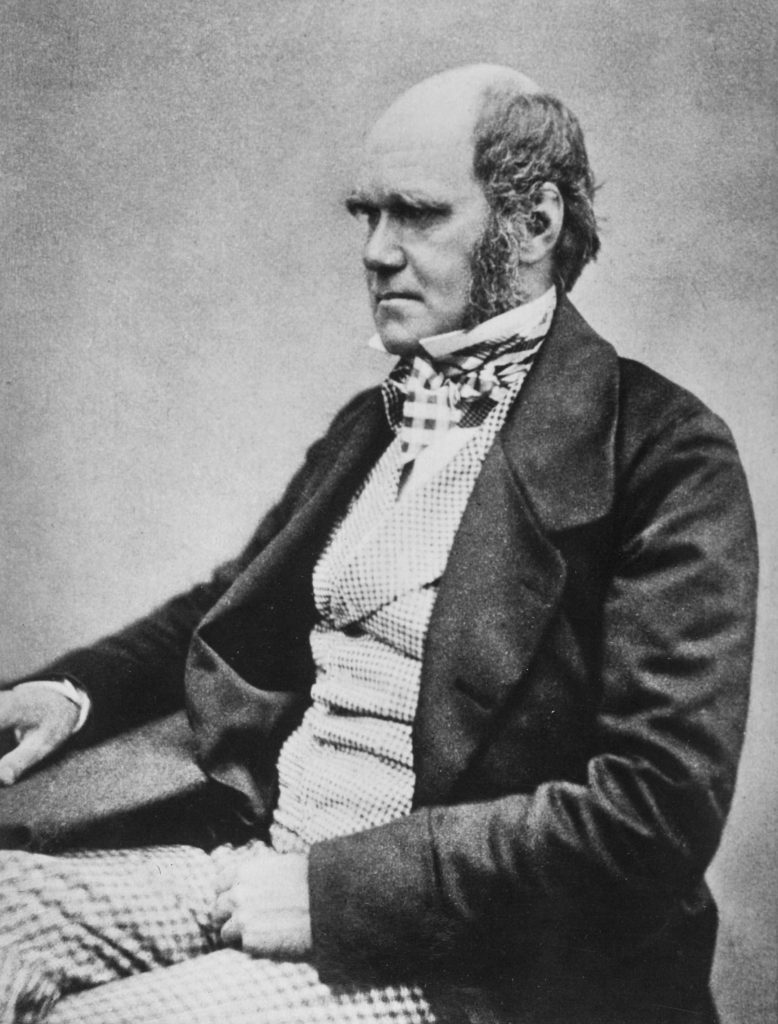
On exactly the same day that Abraham Lincoln was born to a poor family in a one-room log cabin in Hardin County, Kentucky, a child named “Charlie”, was born to a wealthy and socially prominent family in Shrewsbury, England. Abe would eventually become the 16th President of the United States and a champion of abolition. Charlie, the grandson of two famous abolitionists, would also become an abolitionist–but of a different kind.
When Charlie was 8 years old, his mother died and he was boarded at the local Anglican school for boys. His father Robert, a prominent physician, wanted Charlie to follow in his footsteps, so when Charlie reached the tender age of 16, he was entered into the prestigious Edinburgh School of Medicine. However, Charlie wasn’t interested in practising medicine, so his disappointed father enrolled him at Christ’s College, Cambridge where he would pursue an ordinary Bachelor of Arts degree to qualify as an Anglican parson. This lower-level program disqualified Charlie from writing the prestigious tripos examination at Cambridge, but this didn’t matter because Charlie had little interest in academic study. He preferred riding, hunting, and beetle collecting to the dull and inert taxonomies that characterized his natural history studies. Ironically, his interest in the different varieties of beetles connected him to zoologist, John Steven Henslow, who subsequently sponsored him to serve an apprenticeship as a “gentleman scientist” on a two-year voyage to chart the coast of South America.
On December 27, 1831, at the age of 22, this apparently aimless young man set sail on the HMS Beagle on a voyage of discovery that would eventually lay the foundations of biology as a science. In 1859, Charlie, known to the world now as Charles Robert Darwin, wrote his On the Origin of Species that some regard as the most important scientific document of all time–establishing the principle of natural selection that explains how the environment determines which of nature’s creatures will survive. As the mechanism underpinning evolution, natural selection showed that humans and the other primates share a common ancestor–abolishing forever the belief that humans are separate from the animal kingdom. Simultaneously, his birthmate and fellow abolitionist, Abraham Lincoln, was engaged in a campaign that would bring him into the White House the following year. Though Darwin and Lincoln would be identified today as lacking in formal education, they eventually reached the top of the intellectual elite by natural selection.
